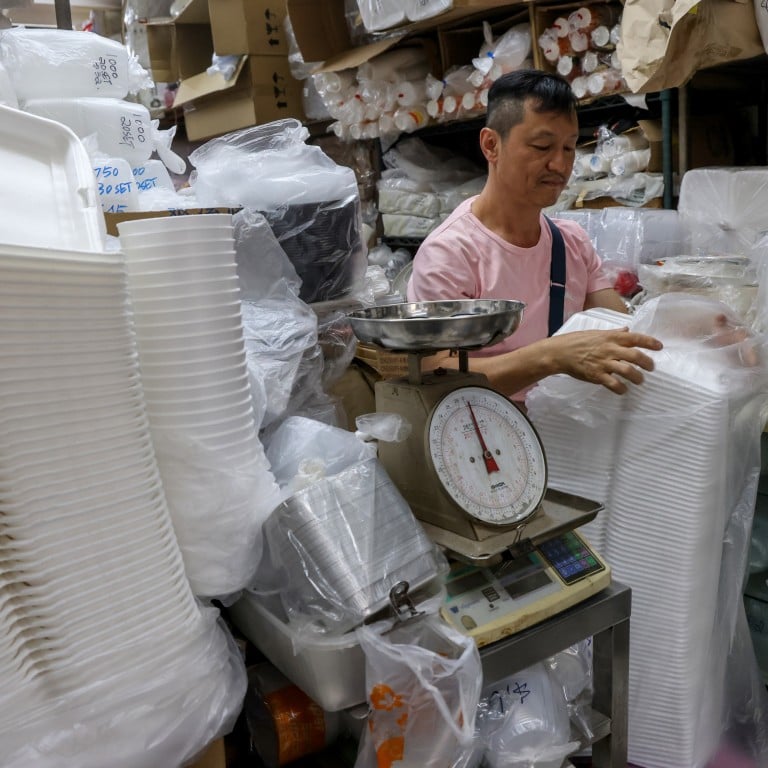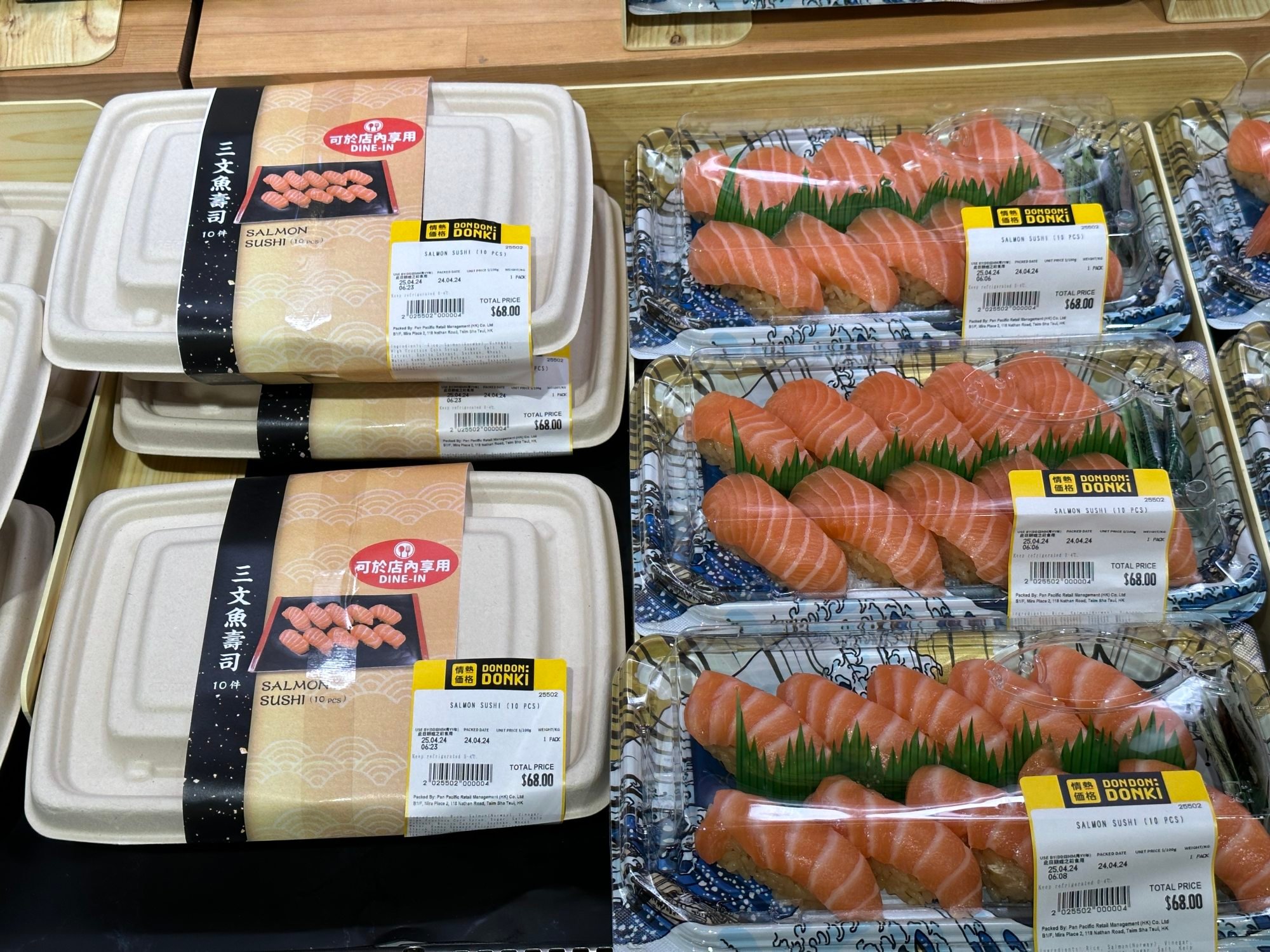
Smooth Hong Kong plastics ban roll-out can show the way for waste scheme
- Hong Kong went ahead with single-use plastics ban as planned, now it needs to apply the lessons learned to help make a success of the pay-as-you-throw charging scheme
Hong Kong’s crusade to reduce municipal waste has always been challenging. Amid fears that a much-delayed pay-as-you-throw charging scheme may eventually be tossed into the garbage bin because of public resistance, the government has rightly stuck to its guns on implementing a single-use plastics ban as the world marked the 54th anniversary of Earth Day.
The adherence to the timetable is as symbolic as it is essential. Not only does it show the city is firmly committed to protecting the environment, but the experience in enforcing the ban also can shed light on ways to overcome similar difficulties when implementing the waste levy.
The waste charge trial got off to a rocky start earlier this year, getting a small number of selected buildings, shopping malls, care homes, restaurants and government offices to use designated bags for garbage disposal. But Monday’s ban on plastic straws, cutlery and Styrofoam food containers appears to have gone off smoothly.
It is good that major food outlets with takeaway services already have switched to tableware made of wood and other eco-friendly materials with a charge. Some smaller shops were still handing out plastic ware, clearing stock during a six-month grace period.

Individual catering businesses have countered the government’s claims that non-plastic utensils were of similar cost, saying their prices could be 50 per cent higher in some cases. Consumers also lamented that the alternatives were not as durable or user-friendly, with some saying they would prefer reusable ones from now on.
The responses are to be expected. But they are not excuses to drop the ban, which also covers cotton buds, umbrella covers and glow sticks made of plastic.
Separately, hotels and guest houses can no longer provide free toiletries in synthetic disposable containers and free in-room water in plastic bottles. Officials have sensibly opted for a flexible approach, with enforcement action to be taken only when repeated advice is ignored during the grace period.
According to the industry, only about 30 per cent of the 18,000 eateries have been offering plastic alternatives. With the ban expected to expand to include table coverings, gloves and floss sticks in the second phase some time next year, there is still much preparation and education to do.
The government must proactively monitor the situation and promote compliance.
Action on plastic pollution shows us that another world is possible
Admittedly, the plastic ban may be much less of a hassle to people than the waste charge. But they both require strong political will and good preparation to be successfully implemented.
Like the firm commitment to the plastic ban enforcement, a resolute decision to go ahead with the waste charge as planned would send the public the right signal to get on with the logistics for compliance.

